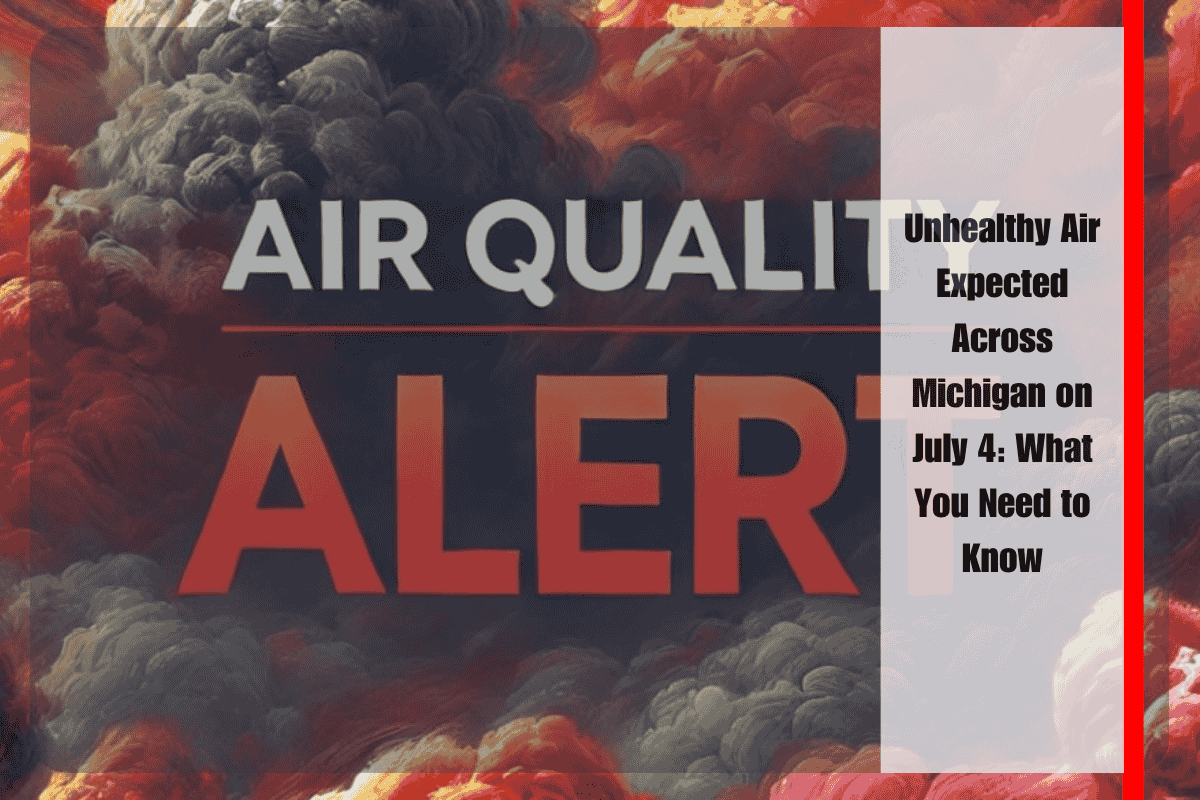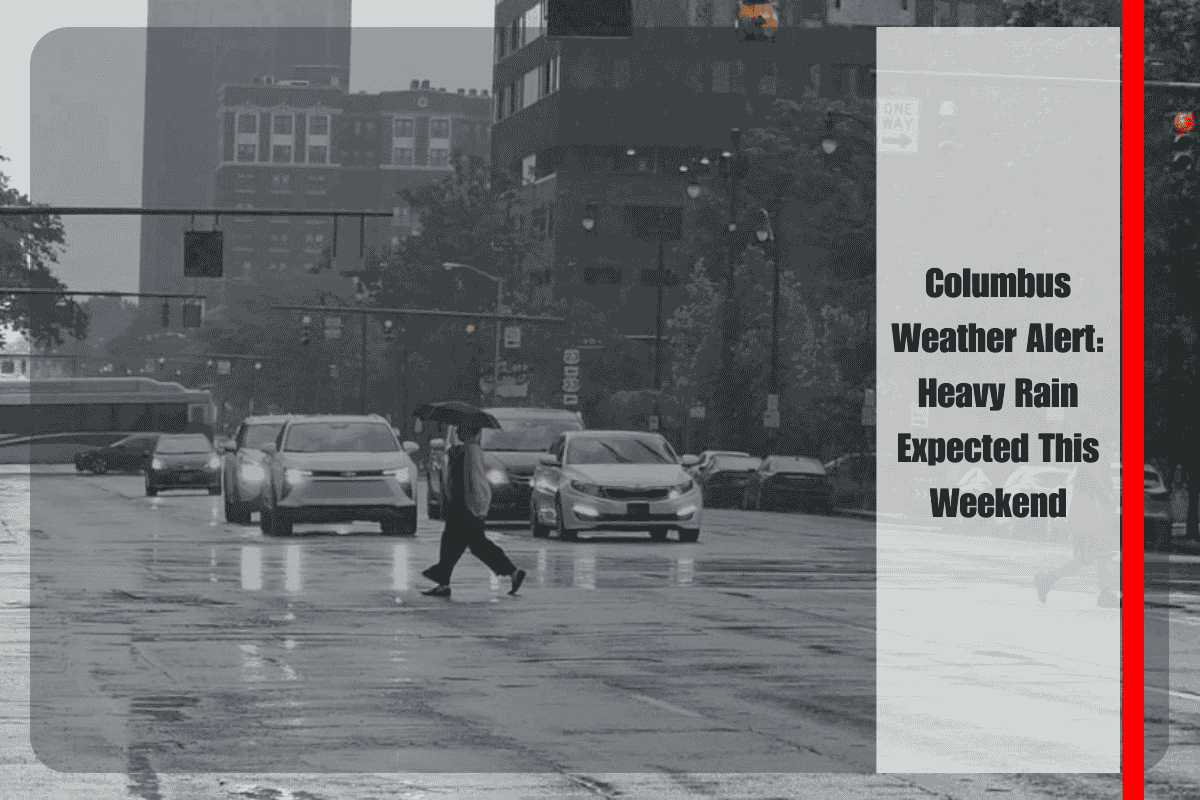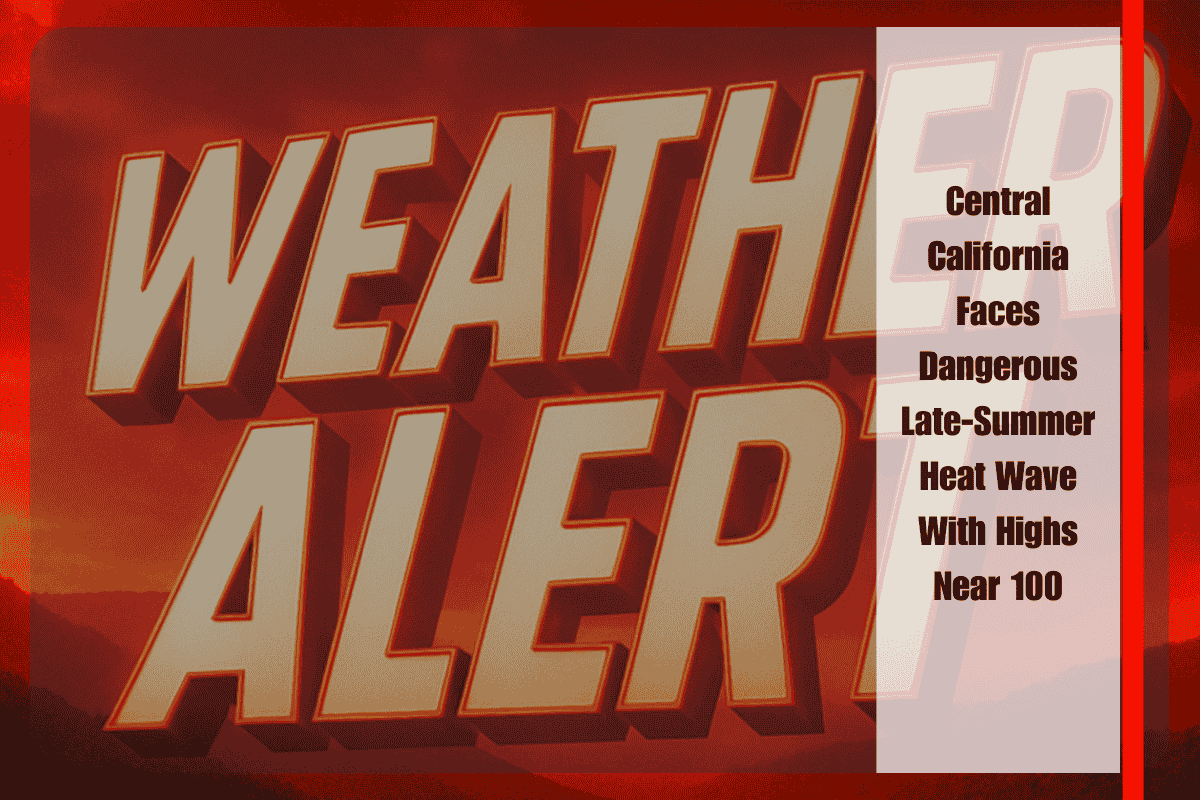On July 4, parts of Michigan, especially around Grand Rapids and metro Detroit, are expected to experience unhealthy air quality. This is due to elevated ozone levels and smoke from fireworks and wildfires. The Michigan Department of Environment, Great Lakes, and Energy (EGLE) has issued an Air Quality Advisory for several areas, warning residents about potential health risks. In this article, we will break down the advisory, its impacts, and the steps you can take to stay safe.
Air Quality Advisory Details
The EGLE has issued an Air Quality Advisory for much of western and southeastern Michigan, including metro Detroit and lakeshore counties like Allegan, Kent, Muskegon, Ottawa, Van Buren, and Berrien. According to the advisory, the Air Quality Index (AQI) is expected to reach the Orange range, which is classified as “Unhealthy for Sensitive Groups.” This means individuals who are particularly vulnerable to air pollution, such as those with asthma, heart disease, or respiratory issues, should take extra precautions.
The unhealthy air quality is caused by a combination of factors. First, there is ozone buildup along Lake Michigan, which contributes to poor air quality. Additionally, fine particulate matter (PM2.5) from wildfire smoke and fireworks is expected to further degrade the air quality. Sunshine, temperatures in the 80s, and stagnant winds will worsen the pollution levels throughout the day, making the situation worse.
Areas Affected
The advisory is in effect for several counties, particularly in western and southeastern Michigan. The areas most impacted include Allegan, Kent, Muskegon, Ottawa, Van Buren, and Berrien counties, as well as metro Detroit counties like Wayne, Oakland, Macomb, Washtenaw, and Monroe. These regions will experience the worst air quality, with both fine particulate matter from wildfire smoke and elevated ozone levels.
Health Risks and Precautions
The elevated levels of pollutants in the air can cause significant health risks, particularly for sensitive groups. Residents with asthma, heart disease, respiratory problems, or other chronic conditions are advised to take extra care during this time. The Michigan Department of Health and Human Services (MDHHS) recommends the following steps to minimize exposure:
Avoid outdoor exertion, especially for those with respiratory conditions or heart disease.
Limit driving, particularly in areas with heavy traffic, as car emissions contribute to poor air quality.
Delay gasoline-powered yard work, which can release additional pollutants into the air.
Stay indoors whenever possible, particularly during peak pollution hours.
Keep windows closed to prevent outdoor pollutants from entering your home. If you have air conditioning, use it with a HEPA or MERV-13 filter to reduce indoor smoke exposure.
Future Advisories
The current Air Quality Advisory is in effect through Friday night. However, if the weather conditions and smoke persist, additional advisories may follow. The situation remains fluid, and air quality could fluctuate throughout the day. Residents are encouraged to stay updated on the air quality status and adjust their activities accordingly.
Residents of Michigan, particularly in Grand Rapids, Detroit, and lakeshore counties, should be aware of the unhealthy air quality expected on July 4. The combination of ozone, wildfire smoke, and fireworks will result in elevated pollution levels, which could impact health. Sensitive groups, such as children, the elderly, and those with pre-existing health conditions, should take necessary precautions to protect themselves. By following recommended guidelines, individuals can minimize their exposure and stay safe during the holiday.












